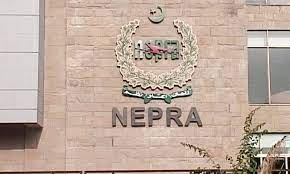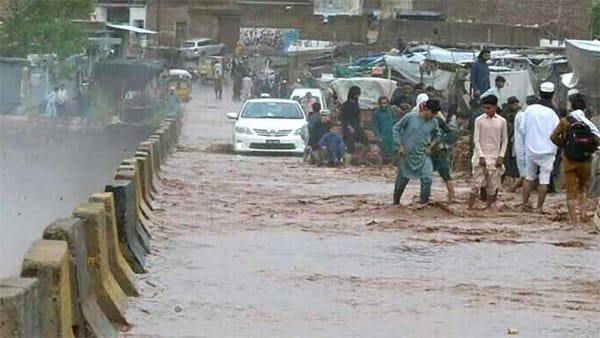NEPRA report exposes massive losses in Pakistan’s power distribution sector

ISLAMABAD, Feb 27: The National Electric Power Regulatory Authority (NEPRA) has unveiled a dire situation plaguing Pakistan's electricity distribution sector. The recently released NEPRA report delves into the financial woes experienced by the country's power distribution companies (DISCOs) during the fiscal year 2022-23.
The report paints a grim picture, showcasing substantial financial losses totaling a staggering 403 billion rupees incurred by the DISCOs. These losses are attributed to two primary factors: firstly, inefficiencies in power transmission and distribution infrastructure resulting in line losses amounting to 166 billion rupees. Secondly, a significant portion of these losses, totaling 236 billion rupees, stems from consumers' failure to fulfill their electricity bill payments, consequently burdening the national exchequer.
Alarmingly, the DISCOs failed to meet the targets set for power sector reforms, with an overall loss percentage reaching 16.68%—well beyond the permissible limit of 12.21% stipulated by NEPRA.
In light of these distressing findings, the NEPRA report proposes a thorough reassessment of the current system. Suggestions include re-evaluating the privatization of DISCOs, exploring alternative ownership models, and assessing the efficacy of administrative control versus private management.
Moreover, the report advocates for the consideration of provincial control over DISCOs and emphasizes the potential benefits of demerging large DISCOs into smaller entities. This strategic move aims to enhance accountability and bolster safety measures within the distribution network, especially given the alarming number of 161 electrocution-related deaths reported in the past year.
NEPRA's comprehensive analysis serves as a stark reminder of the critical challenges confronting Pakistan's power sector. Urgent action and comprehensive reforms will be essential to address the underlying issues and pave the way for a more efficient, financially stable, and safer electricity distribution system across the nation.




